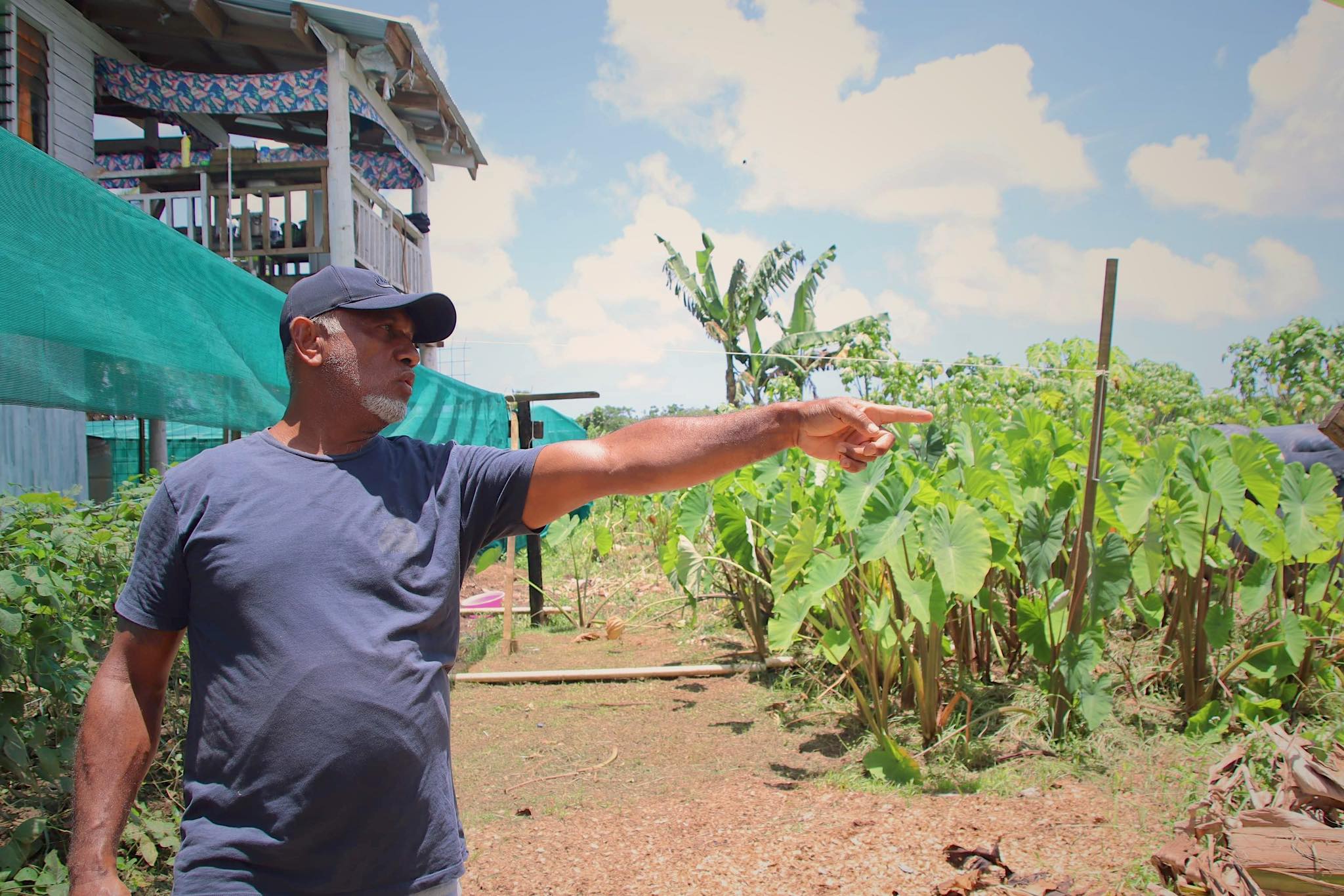With the mission to increase climate change resilience through agroecology and organic production methods and technologies in the Pacific region, the Pacific Organic Learning Farms Network (
#POLFN) is stepping into the next phase of their project in finalising two demonstration organic farms in Fiji, Nauru, Tonga and the Solomon Islands. In Fiji, the National Advisory Committee visited farms last week that were shortlisted in the process of choosing two demonstration organic learning farms.
Mr Penaia Mua, the Senior Research Officer, Agronomy Section of the Korinivia Research Station in Fiji’s Ministry of Agriculture says that establishing organic learning farms will help convince farmers to convert to organic farming, “It will assist in convincing other farms to go into organic. The attitude most people have is do when they see”
In the wider objective to contribute to adaptation to climate change and preserve biodiversity for the well-being of communities in the Pacific, these farms are expected to serve as become learning centers that demonstrate the benefits of Nature-based Solutions such as agroecology and agroforestry and organic production methods and technologies. They will be practical space for organic and conventional farmers wanting to view and test best practices for organic produce in their countries soil context, market demand and climate change adaptation measures.
The
#Kiwa Initiative is funded by the European Union, Agence française de développement (AFD), Global Affairs Canada (GAC), Australia’s Department of Foreign Affairs and Trade (DFAT) and New Zealand’s Ministry of Foreign Affairs and Trade (MFAT). It has established partnerships with the Pacific Community (SPC), the Secretariat of the Pacific Regional Environment Programme (SPREP) and the Oceania Regional Office of the International Union for Conservation of Nature (IUCN).
*Pictured below is the Farm Manager over the KayBee Farm, one of the farms visited on Viti Levu.
